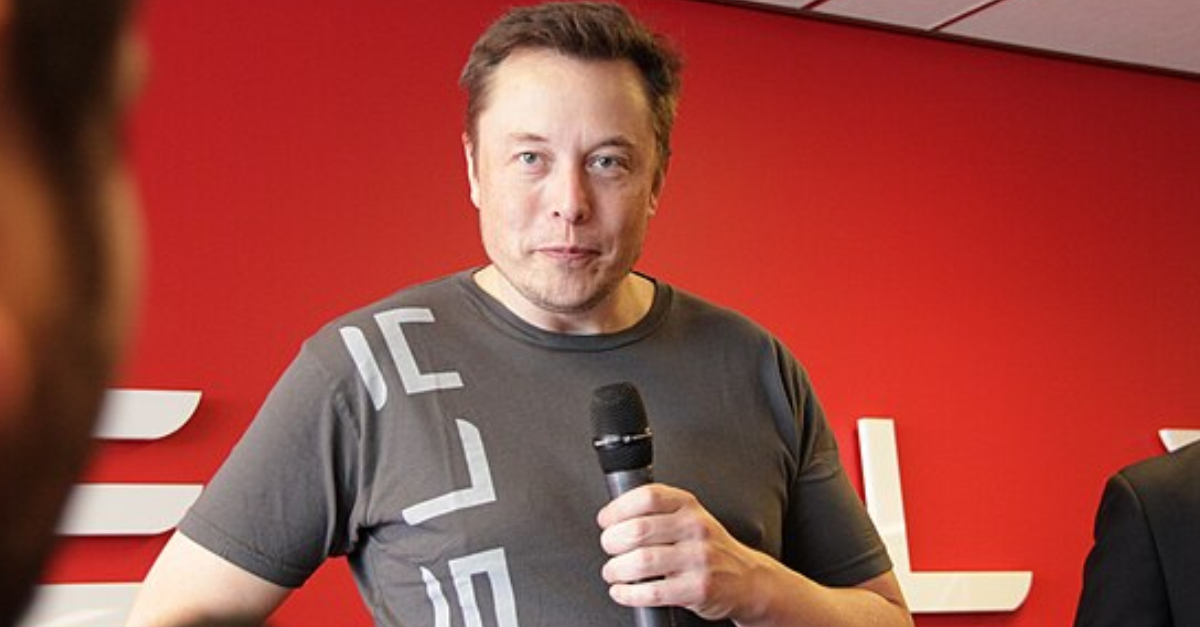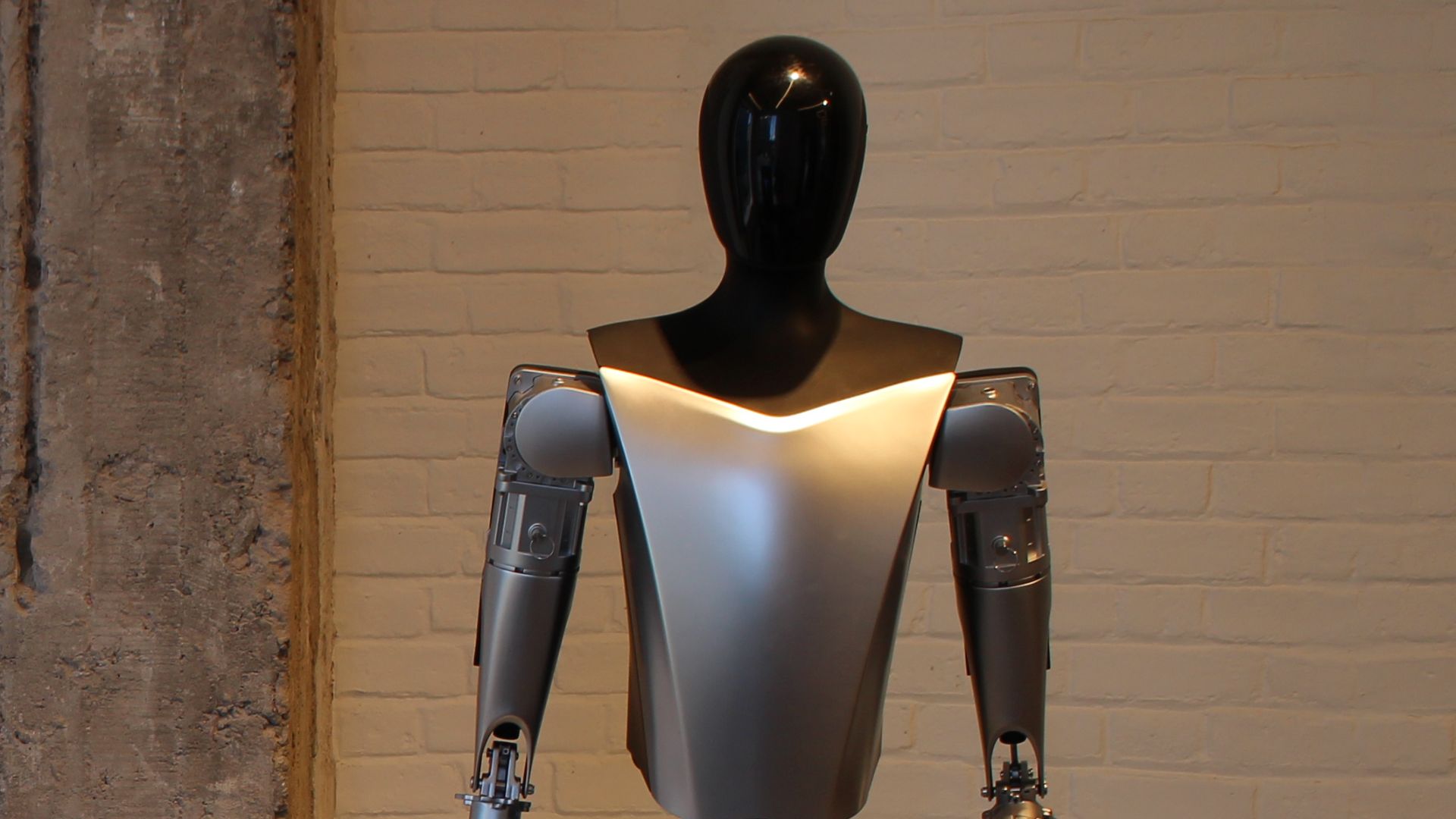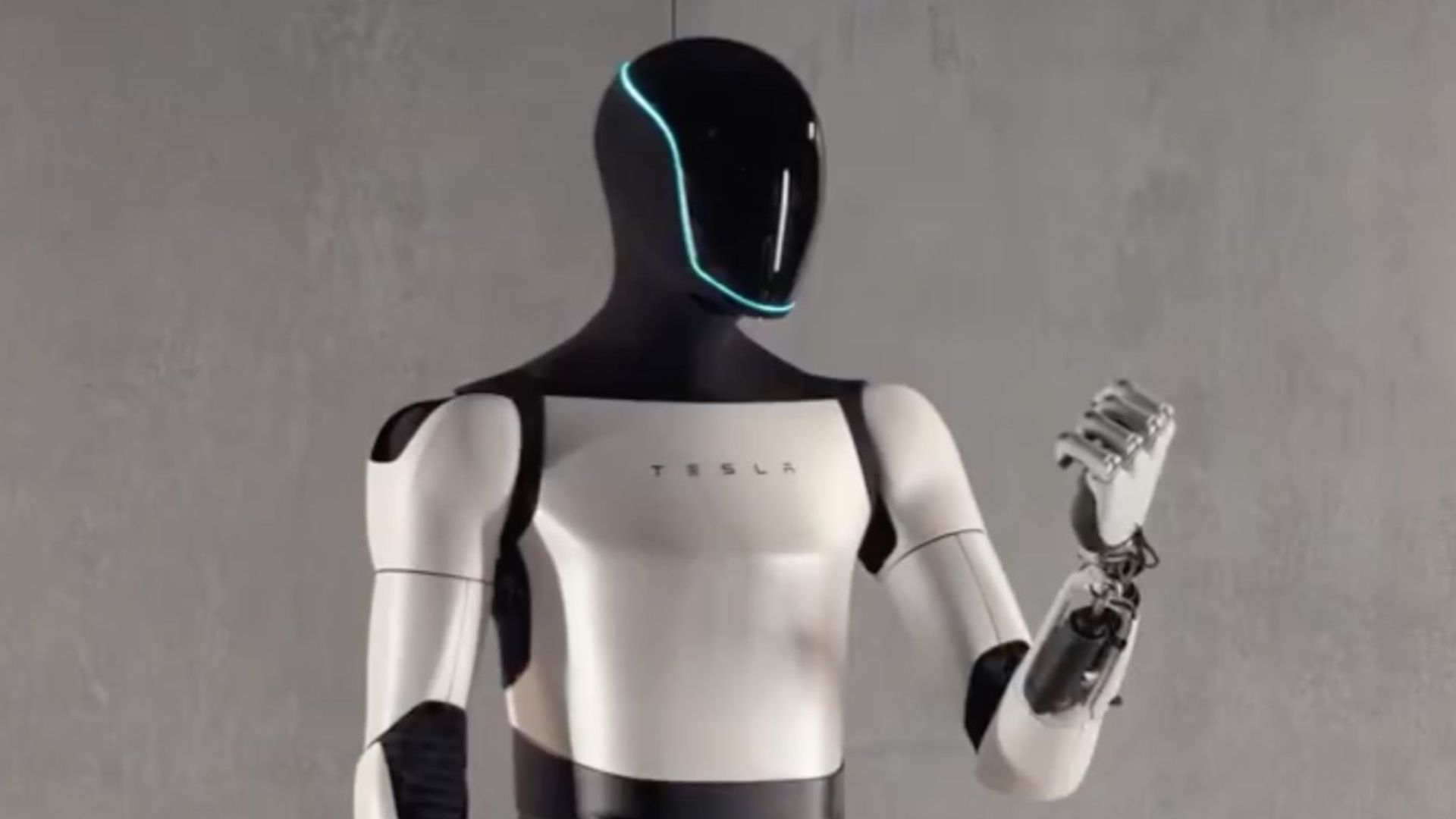Elon’s Latest Prediction
Elon Musk has made plenty of bold predictions before—but his latest claim is one of his boldest: that artificial intelligence will advance so rapidly that, within a decade, “no one will have to work” and money could become unnecessary. It’s a future that sounds utopian to some—and terrifying to others.
The claim that sparked the debate
In recent interviews, Musk has argued that AI will make most labour optional. He’s said work will eventually feel “like playing sports or a video game”—something people do only if they want to. It’s a sweeping vision that immediately raised big questions about timelines, economics, and feasibility.
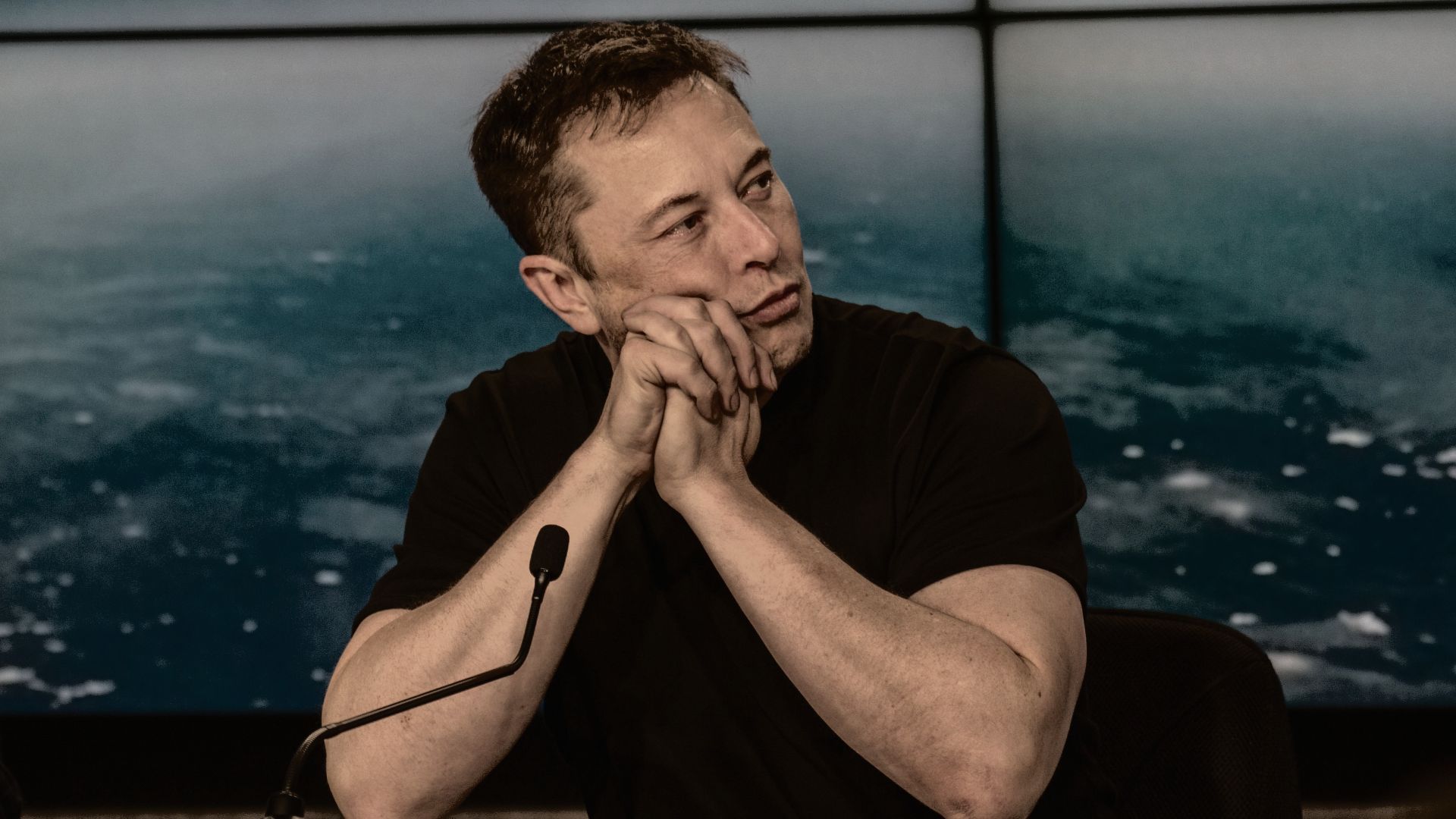 Daniel Oberhaus, Wikimedia Commons
Daniel Oberhaus, Wikimedia Commons
What Musk actually means by ‘you won’t have to work’
When Musk talks about the end of work, he imagines AI outperforming humans across nearly every field. He’s suggested that, with enough abundance, society could reach a point where “currency becomes irrelevant.” In theory, automation would free people from economic pressure entirely.
AI is accelerating—but not evenly
Digital AI is moving incredibly fast, but robotics is another story. Although Musk frequently highlights progress with Tesla’s Optimus robot, most experts argue the physical world remains much harder to automate. Software is sprinting—machines that move, grip, and adapt are still jogging.
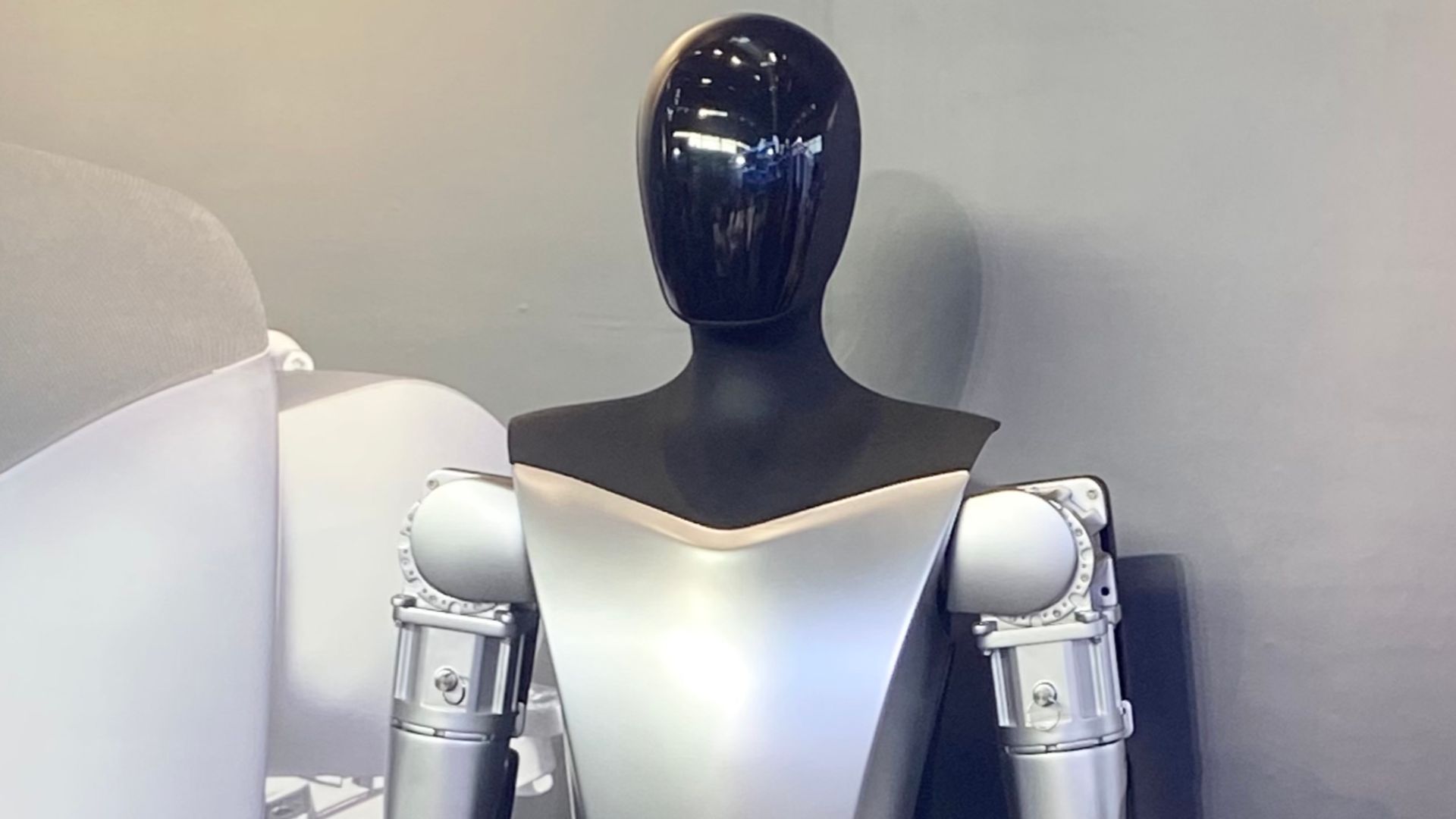 Benjamin Ceci, Wikimedia Commons
Benjamin Ceci, Wikimedia Commons
Experts push back hard on the timeline
AI researchers widely agree automation will reshape work, but the 10-year prediction is where they balk. The median estimate for genuinely general AI runs decades out, not a single decade. As one researcher put it, “We’re nowhere near replacing all human labour,” even with rapid progress.
The bottleneck: physical-world automation
Jobs involving movement, judgment, repairs, or unpredictable environments still stump robots. Musk is confident Optimus will scale, but engineers note we’re far from human-level dexterity or reliability. Automating a spreadsheet is easy—automating a construction site is not.
Even if AI could replace all work—would society allow it?
History shows that adoption is rarely purely technical. Regulations, liability concerns, unions, and political interests could slow or block the rollout of mass automation. Capability and implementation are two different realities—and the latter is always slower.
A world without money requires more than advanced AI
Musk’s idea of money becoming irrelevant seems to assume that society will agree to redistribute AI-generated abundance. A concept that would require major political and economic restructuring, far beyond technology alone. Even Musk admits this depends on “continued improvement” and widespread societal buy-in. Do you think we’ll get there?
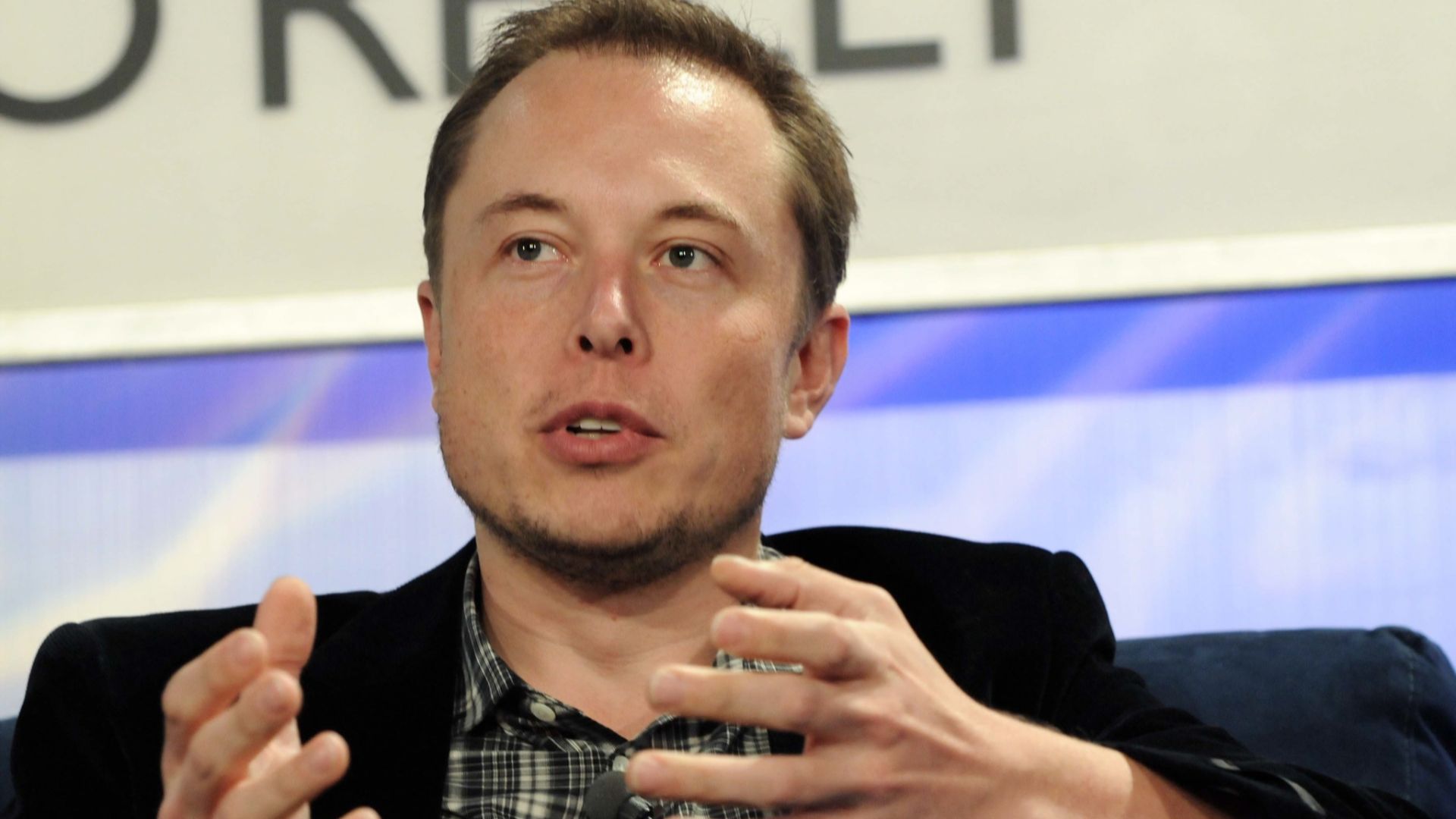 JD Lasica from Pleasanton, CA, US, Wikimedia Commons
JD Lasica from Pleasanton, CA, US, Wikimedia Commons
Musk’s idea resembles a form of UBI
He’s floated the idea of a “universal high income” to share AI-driven wealth. It’s essentially an evolved UBI (Universal Basic Income), though far more ambitious. But UBI itself is still controversial, with no large-scale national implementation to prove long-term sustainability.
Who owns the AI determines who benefits
If only a handful of companies control advanced AI, wealth could concentrate even more—not less. Leading many economists to warn that AI may increase inequality unless policies ensure distributed benefits. AI definitely doesn’t inherently create fairness; but moreso amplifies whoever holds the power.
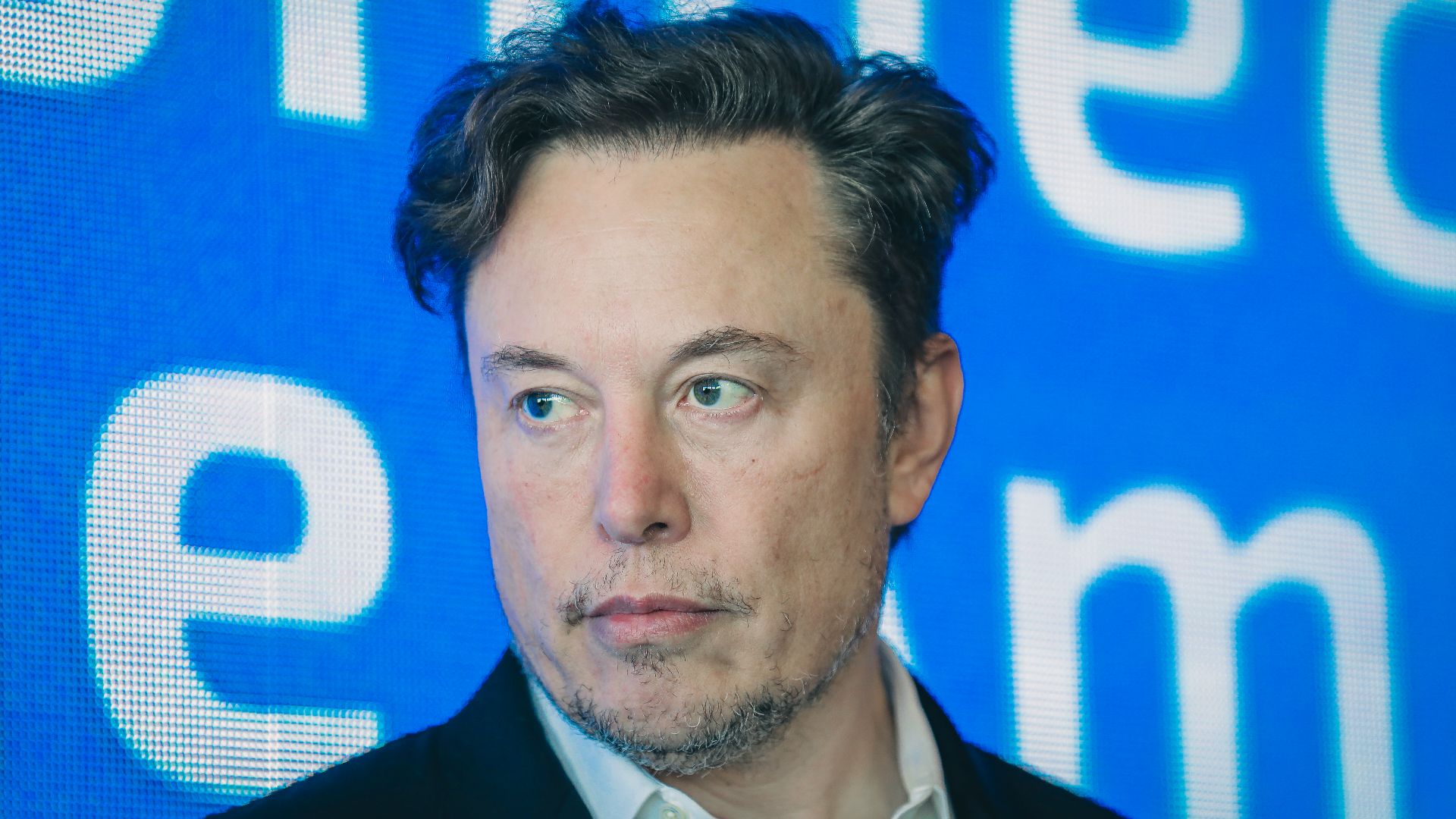 MINISTERIO DAS COMUNICACOES, Wikimedia Commons
MINISTERIO DAS COMUNICACOES, Wikimedia Commons
Work isn’t just about money
Even if machines could do everything, people don’t live solely off economics. Sociologists point out that work also gives identity, routine, purpose, and community. A post-labour world might solve one problem while creating a new set of psychological ones.
Past predictions show us a pattern
Technological revolutions historically shift jobs rather than erase them outright. Musk’s claim breaks that pattern by suggesting automation will end work entirely. It’s a leap far beyond what past innovations—from the steam engine to the internet—have ever achieved.
But Musk has been right before
He was mocked for predicting mainstream electric vehicles, reusable rockets, and rapid AI advances—and all of them happened faster than expected. His track record is mixed, but he has repeatedly delivered on “impossible” timelines. That’s why his claims, however extreme, get taken seriously.
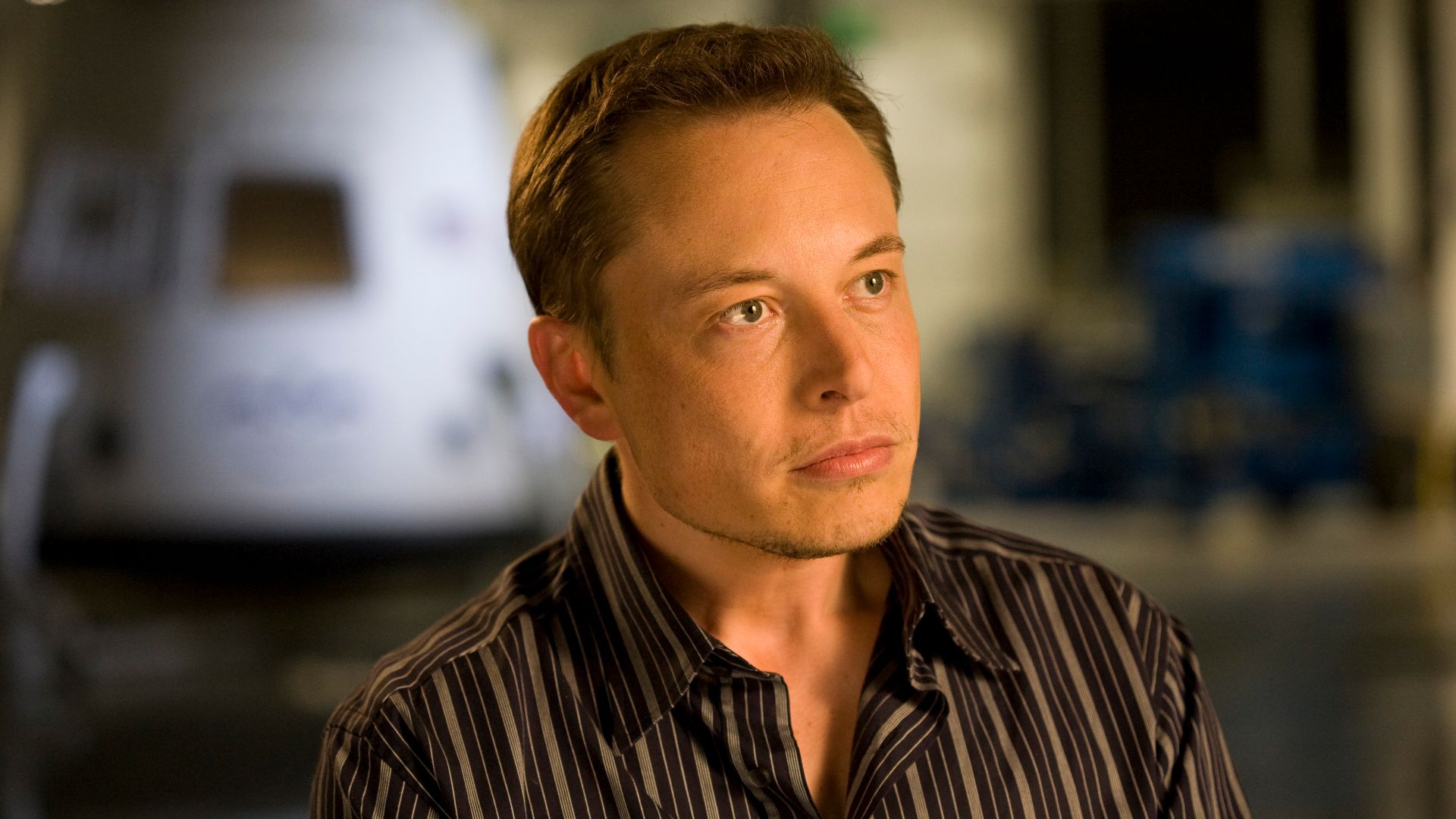 OnInnovation, Wikimedia Commons
OnInnovation, Wikimedia Commons
AI may reshape jobs rather than erase them
Most current evidence points toward task-level automation. Professionals from coders to teachers are already using AI as a collaborator, not a replacement. The next decade likely belongs to hybrid human-AI workflows rather than a machine-only economy.
The transition could be messy
Even if Musk’s long-term vision is right, the road there may be rocky. Layoffs, re-training issues, political fights over regulation, and shifting wages could hit before any utopian abundance arrives. Economic disruption usually comes first—equilibrium comes later.
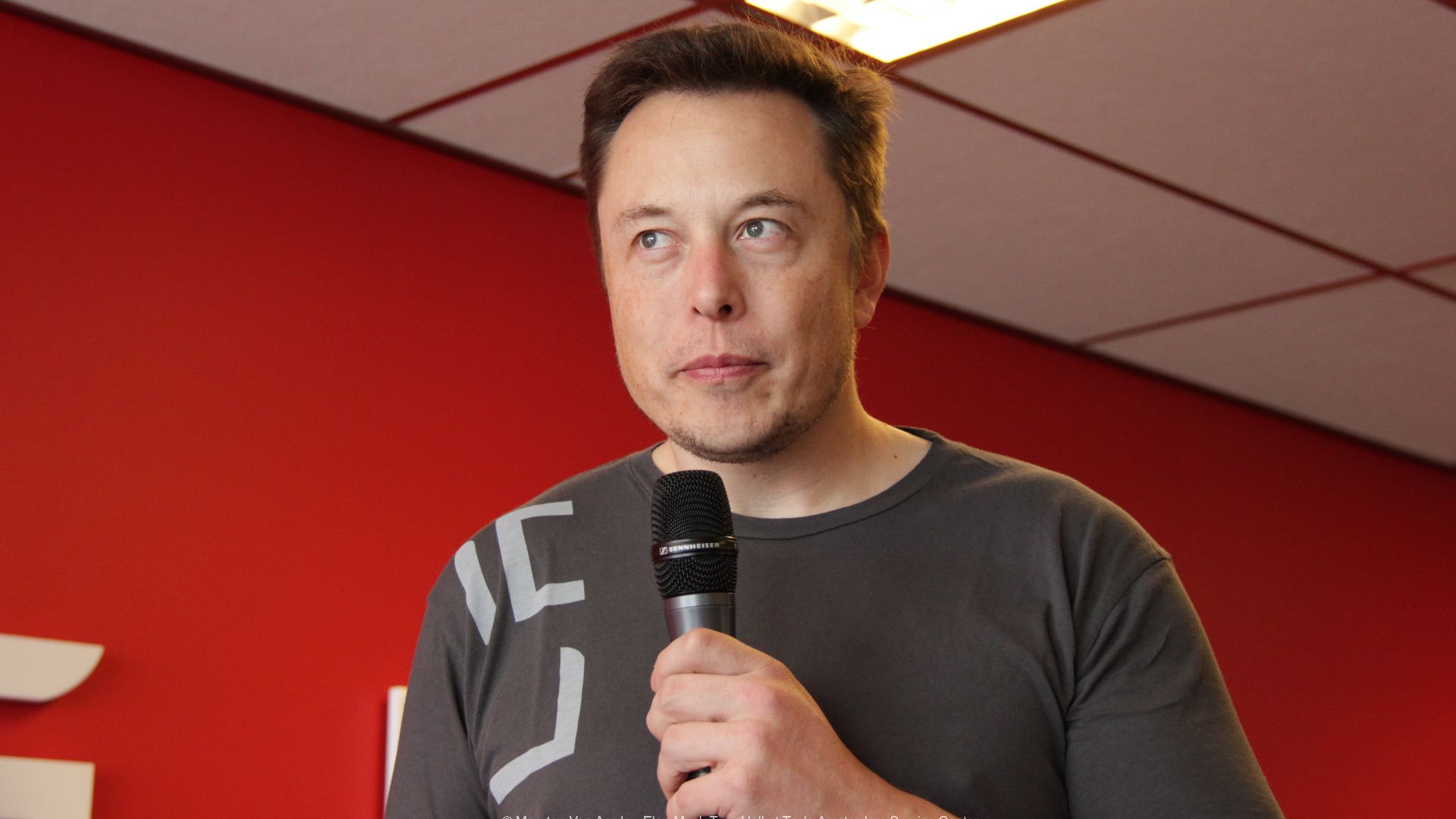 Tesla Owners Club Belgium, Wikimedia Commons
Tesla Owners Club Belgium, Wikimedia Commons
Some jobs may remain longer than Musk thinks
Roles involving trust, care, nuance, emergency response, or intricate motor skills may survive far beyond the 10-year window. AI can assist, but full replacement requires leaps that robotics hasn’t yet achieved, despite optimism from companies racing to get there.
What about resource limits?
A world where money becomes irrelevant assumes unlimited cheap energy, abundant materials, and automated production of physical goods. But the real world has bottlenecks—minerals, land, grid capacity, geopolitics—that don’t vanish just because AI improves.
Where Musk’s prediction could be right
If robotics reaches human-level capability and cheap energy scales dramatically, society could produce basic goods at near-zero marginal cost. That’s when ideas like a post-work or post-money world start to become possible—not guaranteed, but conceivable.
Public perception matters too
Polling shows people are fascinated but fearful about AI’s impact on jobs. Without public trust, governments may restrict automation. Even if Musk’s vision is technically possible, societal pushback could slow it far past his 10-year horizon.
The 10-year timeline is the biggest problem
Musk may be directionally right about where AI is headed—but likely not about how fast. Even the most optimistic AI researchers rarely point to a single decade as enough time for full automation. History suggests major economic transitions take generations.
So is Musk right? It depends on what you mean by ‘right’
He’s probably right that AI will transform work and reduce the need for labour. But he’s likely wrong that money will become irrelevant or that work will disappear entirely within 10 years. The future may be revolutionary—but not that revolutionary.
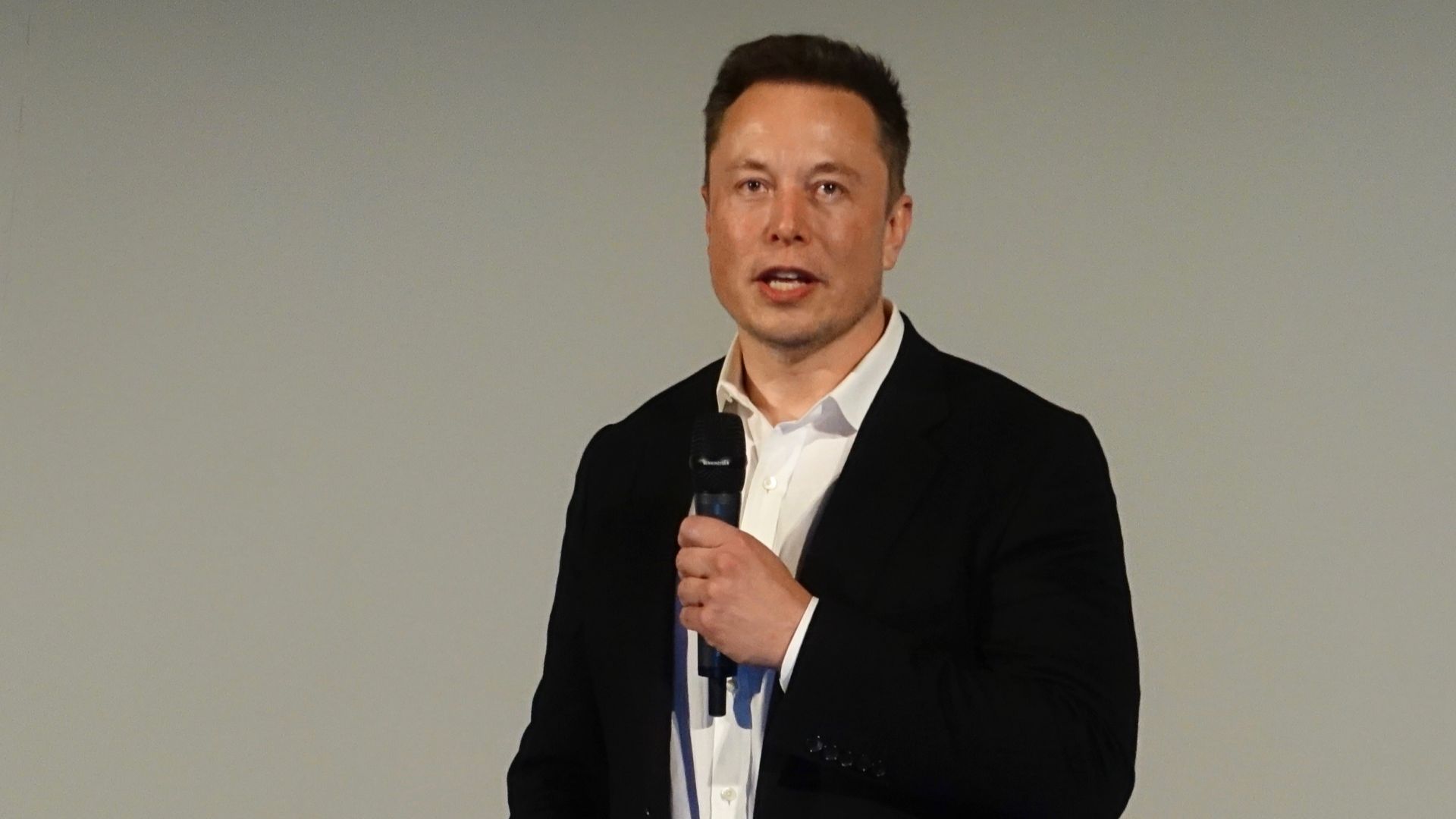 Steve Jurvetson, Wikimedia Commons
Steve Jurvetson, Wikimedia Commons
A more realistic future
We may see shorter workweeks, AI helpers everywhere, and entire new industries built around human creativity. But money will still matter, structure will still matter, and society will evolve gradually. Musk’s world might arrive one day—just not next decade.
Closing thoughts
Elon Musk imagines a world where AI frees humanity from work and scarcity. It’s a bold, intriguing vision—but still speculative and likely far off. For now, the clearest truth is that AI will reshape everything, but humans will still decide what shape that future takes.
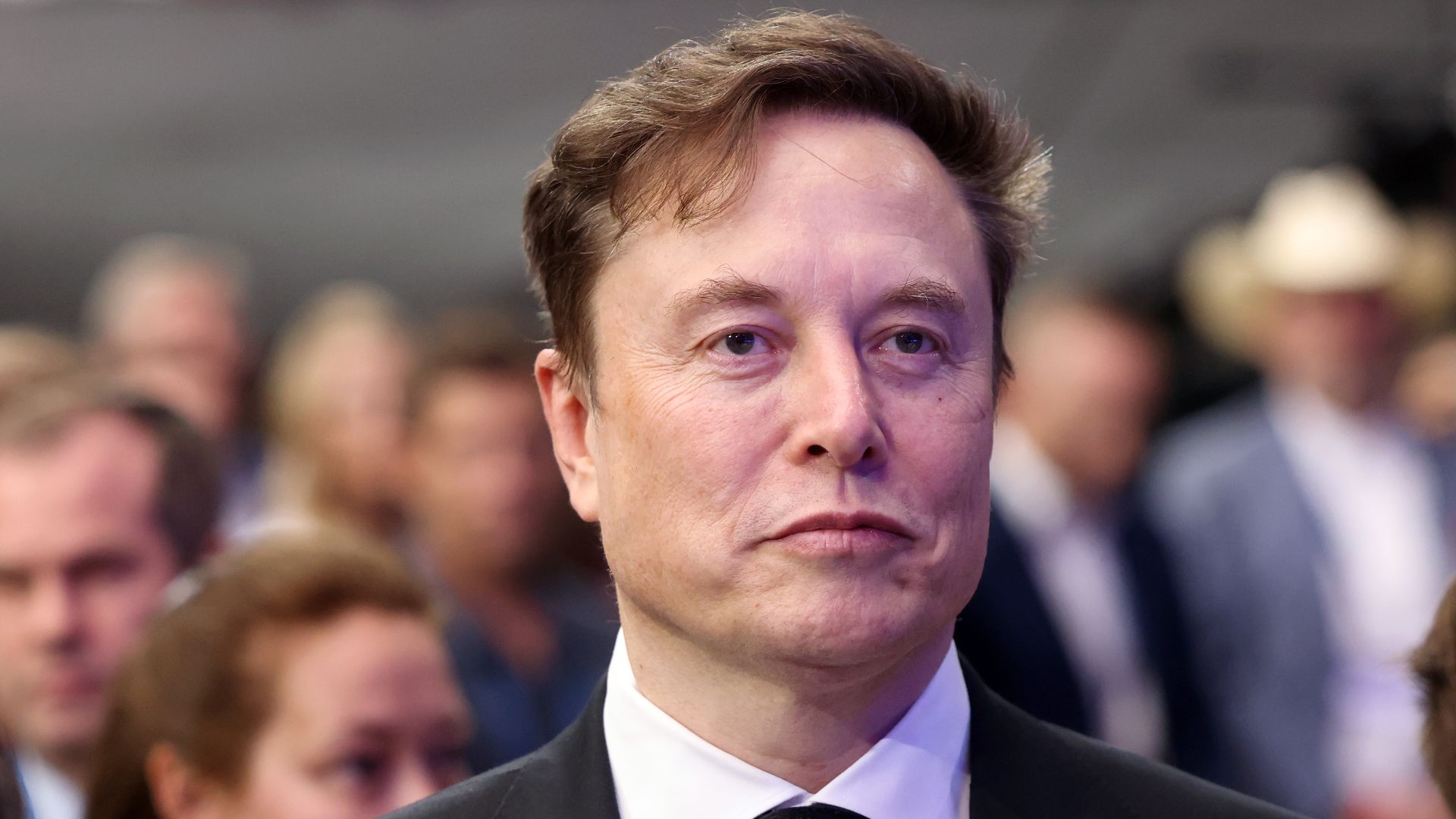 Gage Skidmore, Wikimedia Commons
Gage Skidmore, Wikimedia Commons
You Might Also Like:
Bill Gates Says These 3 Jobs Will Be The Only Ones To Survive The Rise Of Artificial Intelligence
Forgotten Childhood Toys From The 80s That Are Now Worth A Fortune

